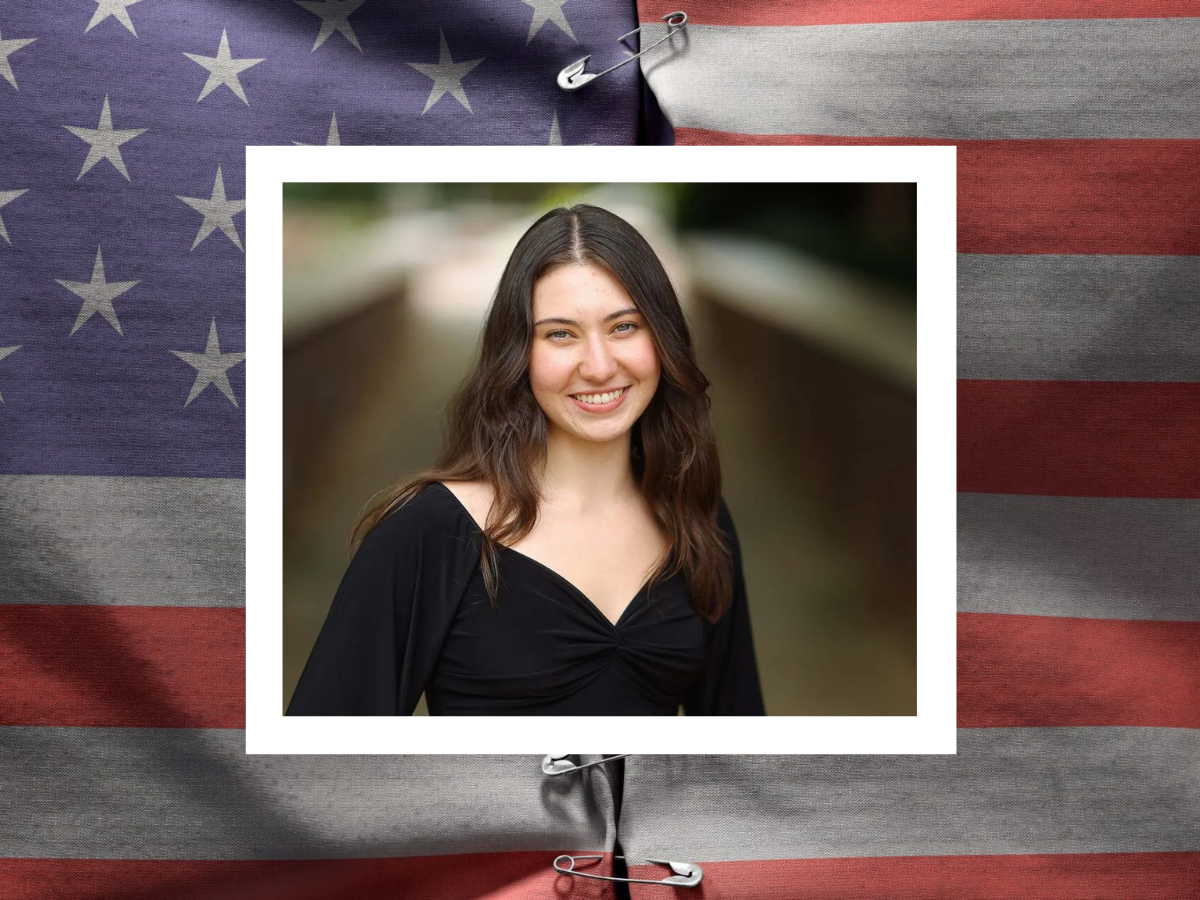Audrey Enghauser ‘26 is a Communication Studies major and The Paladin’s Editor-in-Chief at Furman University. She was chosen as the winner in the Riley Institute’s 2024 student op-ed contest for the following piece, in which she responded to how Gen Z Americans can foster dialogue and collaboration across political differences. Enghauser’s article was originally published in the Greenville Journal.
You’re dining with a family member that you always disagree with on politics. They throw out an opinion, and all of a sudden you’re in a full-fledged heated debate, Trump-Harris style. It’s discouraging, but it’s nothing new in an age of division that is just as palpable within our own families as it is in Congress.
Why is it so hard to talk to people we love about issues upon which we disagree? In an interview with The Wall Street Journal, psychologist Jeanne Safer pointed out that it’s our psychological differences that bother us.
“We have a fantasy that people who are our intimates are going to be like us in every fundamental way. We wonder: How can somebody important to me not see what I see?”
In order to improve these conversations, we can start by looking for lower-stakes opportunities for conversation. By saving the more controversial topics for people that aren’t as central to our lives, we can avoid jeopardizing important relationships.
Next, we must reframe these conversations for learning, with your one goal being to understand the opposing beliefs. This can transform grounds for war into fertile ground for empathy. Importantly, once you have more knowledge about why these beliefs exist, you can use it to better understand your loved ones.
The echo chambers in which we reside perpetuate a dangerous intolerance for the other side — but as college students, we have an opportunity to escape them.
Unlike our hometowns in which we are insulated by similar beliefs, college provides the opportunity to meet, talk to and befriend people that challenge us and offer low-stakes opportunities to discuss different ideologies. It’s a place to practice being quick to ask questions, and slow to argue.
Undoubtedly, some of my political conversations at college have been frustrating. But since I’ve started implementing these strategies, these discussions have become more enlightening than destructive. They have helped me learn how to prioritize curiosity over being right.
In her 2017 book “Braving the Wilderness,” author Brené Brown famously suggested the idea, “People are hard to hate close up. Move in.”
During our four precious years of growth and socialization, let’s move into curiosity. Let’s move into empathy. Let’s move into relationships that challenge our beliefs to decentralize political ideologies from our love for others, so that we as young people may dream of a future wherein we are marching toward change together.




































